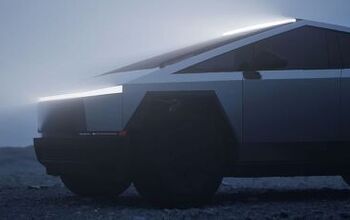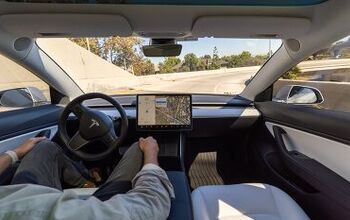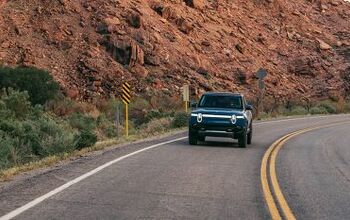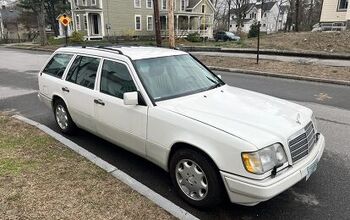Do Cabin Air Filters Combat COVID-19?
Cabin air filters in your car have been around for awhile, but recently companies promoting their ability to filter out the coronavirus have appeared. Is this even remotely possible?
According to the Society of Automotive Engineers, China’s Geely rolled out the Icon SUV in February, claiming its Intelligent Air Purification System (IAPS) was N95 certified, the filtration level necessary to block CV. Before the vehicle’s digital launch was over, 30,000 pre-orders were received.
For an air-purification system to achieve CN95, it would need to reach 95 percent efficiency, the same as N95 masks health care workers use. Geely claimed the advanced filters in the Icon’s air-conditioning system had 95 percent efficiency to the 0.3-micron level, in addition to a bactericidal layer meant to inactivate and kill the virus. Really? Could even the most advanced cabin filtration system keep the virus out?
The SAE warned that effective ambient filtration would require pressurizing the cabin with HEPA-grade filtered air, much the same as what the airlines are claiming. But Geely admitted its cabins aren’t entirely sealed, and the moment the door or a window is opened, unfiltered air can enter.
Modern cabin air filtration was first commercialized in 1957 in Germany by the Freudenberg Group. In 1989, the company began producing cabin filters for Mercedes-Benz, which led to annual sales in the millions and the position as the market leader in filtration. What we can’t see is CV flying around from someone coughing or sneezing, and unfortunately, the particle size is at the one-micron level that can be inhaled, making them especially dangerous.
High-efficiency particulate air, or HEPA, is best when it’s used in stationary applications like hospitals or industrial plants, not vacuum cleaners or other household products. Similarly, HEPA doesn’t work in automotive applications because air filtration in cars can’t be too restrictive or it will impede passenger comfort. Thus far, there are no verifiable lab tests to accompany any claims, nor are there rules as to how these filters can be applied for optimal results.
[Images: Geely]
With a father who owned a dealership, I literally grew up in the business. After college, I worked for GM, Nissan and Mazda, writing articles for automotive enthusiast magazines as a side gig. I discovered you could make a living selling ad space at Four Wheeler magazine, before I moved on to selling TV for the National Hot Rod Association. After that, I started Roadhouse, a marketing, advertising and PR firm dedicated to the automotive, outdoor/apparel, and entertainment industries. Through the years, I continued writing, shooting, and editing. It keep things interesting.
More by Jason R. Sakurai
Latest Car Reviews
Read moreLatest Product Reviews
Read moreRecent Comments
- Zelgadis Elantra NLine in Lava Orange. I will never buy a dirty dishwater car again. I need color in my life.
- Slavuta CX5 hands down. Only trunk space, where RAV4 is better.
- Kwik_Shift_Pro4X Oof 😣 for Tesla.https://www.naturalnews.com/2024-05-03-nhtsa-probes-tesla-recall-over-autopilot-concerns.html
- Slavuta Autonomous cars can be used by terrorists.
- W Conrad I'm not afraid of them, but they aren't needed for everyone or everywhere. Long haul and highway driving sure, but in the city, nope.




































Comments
Join the conversation
Chinese maker makes a claim ? Not newsworthy. Your home has an air filter. If you go to the big box,you'll see a whole lot of filters at different price points, claiming to filter pet dander, cigarette smoke, mites, etc....but that's not why it is there. A filter is there to keep hair and dust out of the electric fan motor. Period. You don't even need anything fancy, the thinner filters are just fine. In a car, the filter keeps crap out of the intake system, HVAC doors, and away from the blower motor...anything beyond that is marketing.
If we're talking about filtering air from outside the cabin, the average cabin air filter is probably as good as wearing a basic cloth mask. Not that it's an issue given path that a virus-laden droplet has to take to get to the occupant(s). If we're talking about filtering air recirculating inside the cabin, it matters a lot less than how quickly the air is turned over. The best filter in the world won't do a damned thing if it takes 10 minutes to completely turnover all of the air in the vehicle.